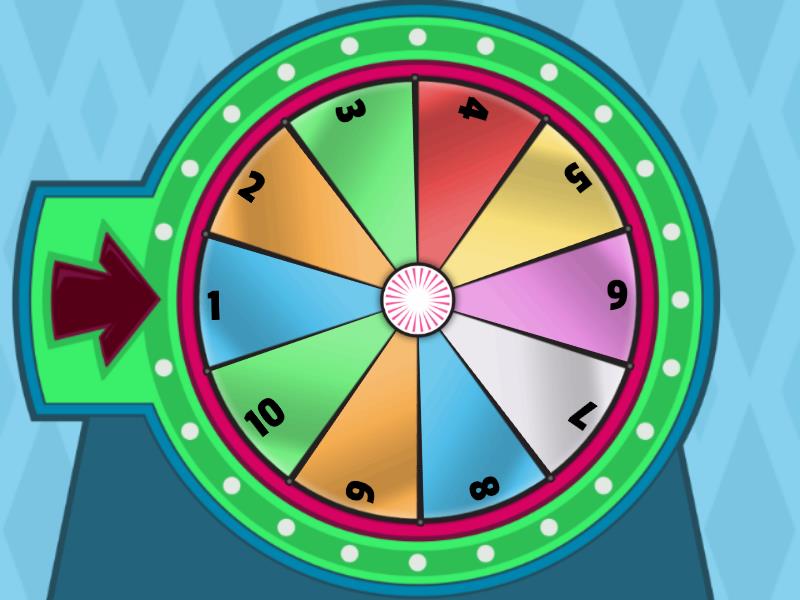
The Fibonacci numbers are
1, 1, 2, 3, 5, 8, 13, 21, …
Write a program that reads an integer N on a single line, and writes the sum of the first N Fibonacci numbers.
Consider this wheel with 10 numbers:

Write a program that reads two integers S and N on separate lines. S is the starting position of the wheel. N is a number of positions to turn the wheel, where a positive number indicates a counterclockwise rotation and a negative number is a clockwise rotation.
The program should print a single integer indicating the final position of the wheel.
In number theory, the prime-counting function π(x) denotes the number of prime numbers that are less than or equal to x. (It is unrelated to the number π.)
a) Write a C# program that computes and prints π(1,000,000). Use trial division for primality testing.
b) Write the same program in Python.
c) Compare the running time of the two programs.
Consider this C# program:
int sum = 0;
for (int i = 1 ; i != 0; ++i)
sum += i;
Console.WriteLine(sum);What value do you think it will print? Why?
Write a program that computes and prints the last 5 digits of the integer 21000.
Consider this claim:
For every integer n ≥ 2, n is prime if and only if 2n – 2 is divisible by n.
For example:
n = 2: 22 – 2 = 4 – 2 = 2 is divisible by 2
n = 3: 23 – 2 = 8 – 2 = 6 is divisible by 3
n = 4: 24 – 2 = 16 – 2 = 14 is not divisible by 4
n = 5: 25 – 2 = 32 – 2 = 30 is divisible by 5
We see that the claim is true at least through n = 5.
Write a C# program that determines whether the claim is true for all values through n = 1000. If the claim fails for any such n, print its value.
Write a program that computes and prints the last 5 digits of the integer 3k, where k = 21000.
Consider this C# program:
int sum = 0;
for (int i = 1 ; i != 0; ++i)
sum += i * i;
Console.WriteLine(sum);What value do you think it will print? Why?